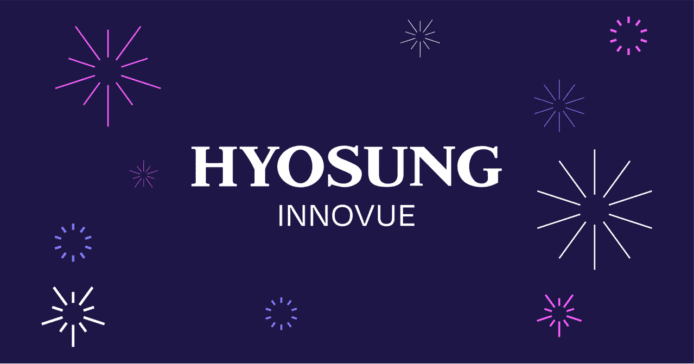
Drive-up banking has been around for years, and most use it frequently when they need a simple banking transaction fulfilled. Daniel Litwin sits down with Bill Budde, the VP of Banking Strategy and Solutions at Hyosung, to discuss evolving trends and technology in drive-up banking.
As technology develops and banking adopts new technologies, we’ll see the banking workforce meet higher efficiency, increasing service hours and improving customer experience. As banks eliminate outdated and hard-to-service technology like VAT, interactions at the banks will become quicker and more enjoyable for individuals. Ideal use cases include expanding automation both on personal devices and at ATMs.
Current consumers are already used to a certain amount of automation, including checking their balance online or on a machine, but enhancing that technology will allow consumers to more easily withdraw from an existing line of credit or even open a new line of credit.
Simply depositing a check or transferring funds from one account to another has become more convenient, however, Budde expresses “the biggest thing you see is the basic transactional stuff customers are [more and more] choosing to self serve… an in-person interaction is centered around the deeper style of needs for customers like opening a new line of credit or fulfilling a mortgage or getting an auto loan. Those are a bigger impact financially on a person’s life.” The more complex banking interactions require individuals or some fulfillment role. With video calls, an ATM could ultimately be used as a portal to the entire operation of the bank, including more complex financial relationships. A remote individual can check the physical requirements that those transactions would need. Or, if an individual is required for a question, they can be brought into the interaction.
The human touchpoint will be more centralized and address more locations. Overall, convenience has to be flexible based on the customers’ needs, but it has its benefits for bank tellers too. There is a trend toward digital-first banking. This trend has grown with customer behavior changes during the pandemic. There has been a drive to automate repetitive tasks to allow employees to focus on customer service and relationship building.
Automating these tasks lessens stress and caters to a more engaging work environment. Keeping up with technology will help banks attract and retain employees.

